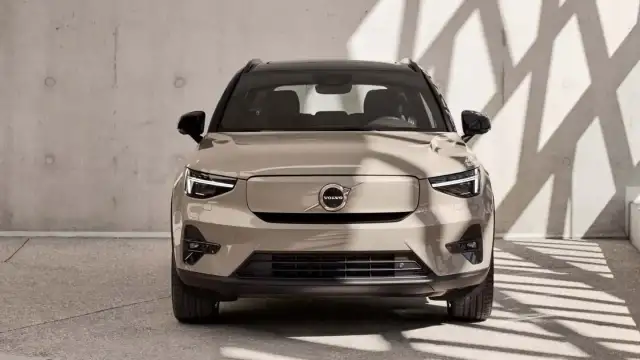The $7,500 electric vehicle tax credit sounds like a great deal. But as always with the IRS, there’s a catch—or several. If you’re considering an EV purchase, here’s what you need to know about eligibility, changing rules, and political debates that could impact your savings.
Who Qualifies for the EV Tax Credit?
Not every EV qualifies for the full $7,500 credit. Several factors determine eligibility, including:
- Manufacturing location: The car must be built in North America.
- Battery components: A percentage of the battery materials must be sourced from approved countries.
- Price limits: The MSRP must be below a certain threshold ($55,000 for sedans, $80,000 for SUVs and trucks).
- Income limits: Single filers earning more than $150,000 ($300,000 for joint filers) won’t qualify.
The Ever-Changing List of Eligible EVs
The list of EVs that qualify is constantly shifting. Some cars gain eligibility, while others lose it due to evolving battery sourcing rules. Hyundai and Kia recently made the cut, adding models like the Ioniq 5 and Kia EV9. Meanwhile, Tesla is reportedly in favor of eliminating the credit altogether.
To avoid surprises, always check the latest list on the IRS website before making a purchase.
Here are some key resources to check if your EV qualifies for the $7,500 tax credit:
- Rules for EVs bought in 2022 or earlier
- Guidelines for vehicles purchased after January 1, 2023
- Updated list of eligible EVs
- Requirements for used electric vehicles
- Regulations for commercial EV purchases
Political Battles Could Change Everything
The tax credit isn’t safe from political maneuvering. Senate Republicans have introduced bills to eliminate or weaken the incentive. One proposal seeks to scrap the credit entirely, while another would add a $1,000 tax on new EV purchases.
With a presidential election on the horizon and shifting policies, the future of EV incentives remains uncertain. If you’re planning to buy an electric car, now might be the time to act.
Bottom Line
The EV tax credit can be a great way to save money, but the rules are complex and always changing. Before buying, confirm eligibility, check the latest updates, and, most importantly, talk to a tax professional to avoid any surprises.



